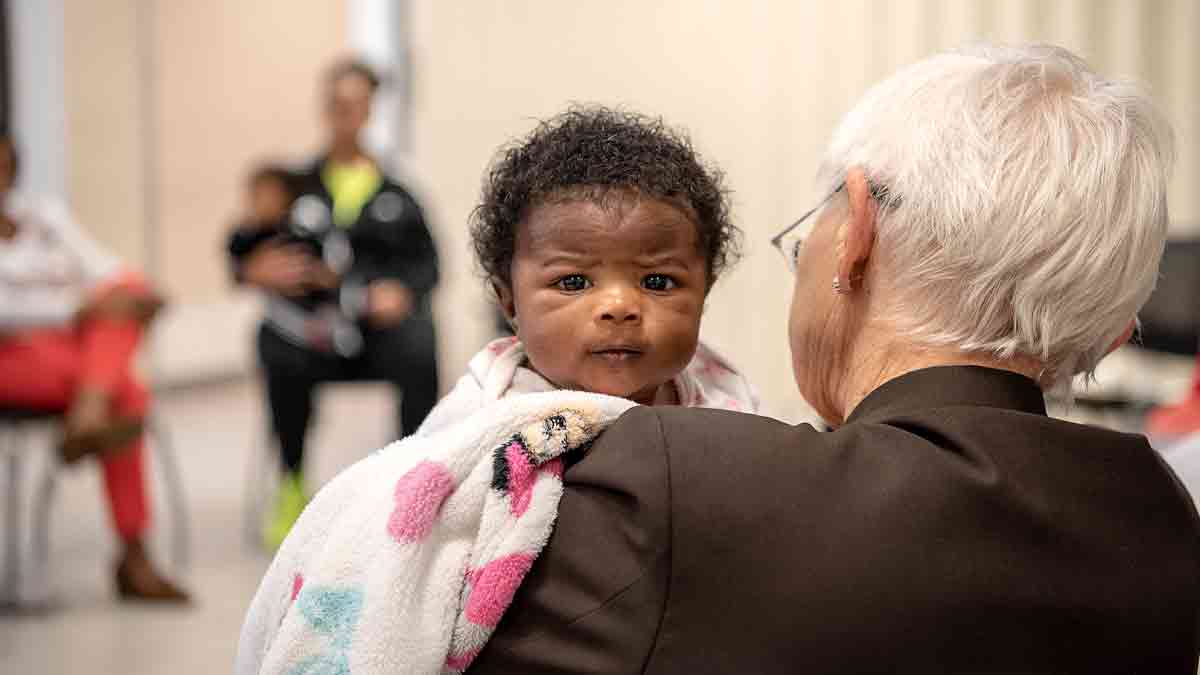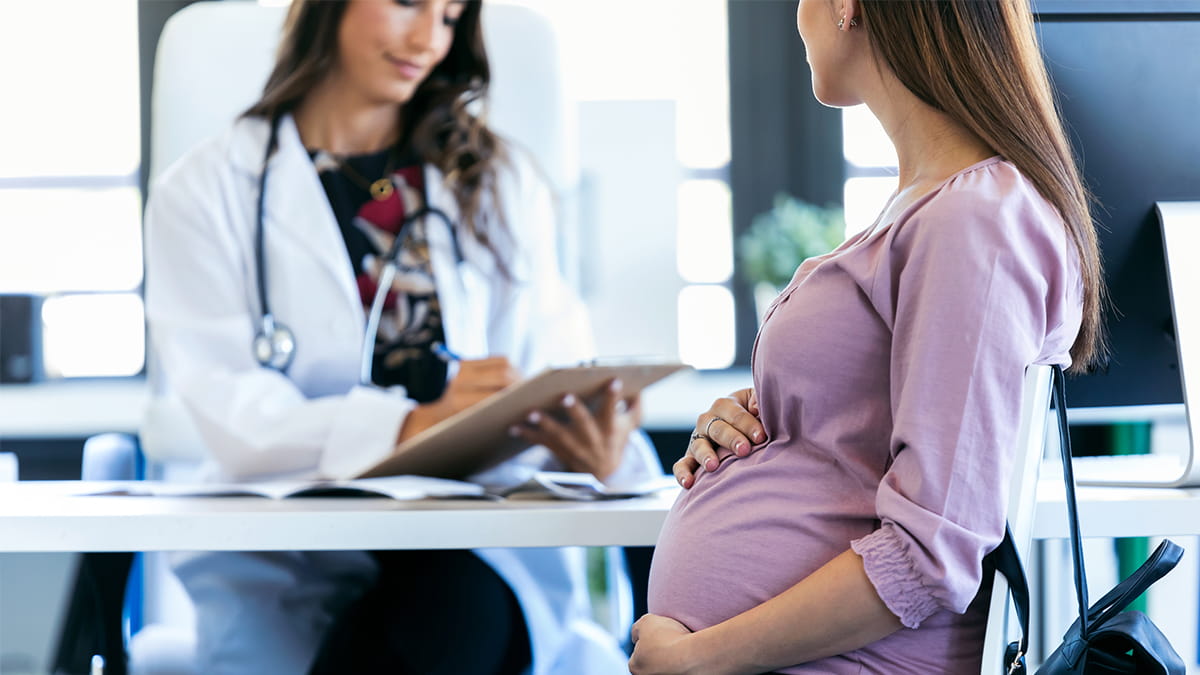Be cautious with fertility tests ordered online

Startup companies are enticing women to order fertility tests online with promises of providing personalized information about their chances of having a baby. But before grabbing your credit card, you should know more about what you’re buying – and what you’re not.
These tests purport to reveal details about hormone levels, reproductive health, infertility odds and even chances for polycystic ovarian syndrome. I have some background for you about the tests, and some precautions if you’re considering ordering one of these fertility tests online.
Fertility tests in essence measure a woman’s ovarian reserve, or the number of eggs she has remaining. Doctors match those results to a woman’s age, medical history and health of her reproductive anatomy to understand how likely a woman may be to conceive.
The critical missing link with a fertility test ordered from the Internet is the physician consultation. Your doctor can look at the big picture and take into account many factors that a product essentially purchased over the counter cannot.
Here are some things to think about if you’re looking into a fertility test online:
New criticism of the tests as a predictor
A recent study shows the imperfection of one of the most common fertility tests that measures the level of anti-Müllerian hormone (AMH). Low levels indicate a woman has fewer eggs left.
But women ages 30 to 44 with low AMH results who were just starting to try to get pregnant were able to conceive at about the same rate as women with normal levels, according to the 2017 study in the Journal of the American Medical Association.
This means that other unknown factors contribute to getting pregnant besides AMH.
The bottom line as I see it: The tests are not useful at predicting the chance of pregnancy for the general population of women. The study warns women trying to get pregnant naturally against using the AMH test to measure their current fertility.
The tests can give false reassurance – or false anxiety
While most fertility tests can estimate the number of eggs you have left, and therefore how soon you might start menopause, they cannot provide details on the quality of those remaining eggs.
For example, a younger woman might have a high number of eggs, but if she has had health problems, she still might have trouble getting pregnant. And a woman with low test results who starts trying to conceive might have no troubles.
Overall, a woman’s age has proven to be the most important factor in whether she will be able to have a baby.When you are younger, you are more likely to get pregnant and less likely to have a miscarriage, a cesarean birth or health problems during pregnancy, such as high blood pressure or diabetes.
And these variables must be considered:
What is the sperm quality?
Have you smoked, had an STD or been exposed to toxins?
Did other women in your family have trouble with getting pregnant?
You’ll still need a doctor’s help
While there is nothing inherently harmful about online fertility tests, if you do opt to order one online – please consider it just one step in the process of understanding your fertility options.
Without a doctor to discuss all aspects of your health, fertility tests results alone can be misleading. Work with an Ob-Gyn or a reproductive endocrinologist to review your outcomes.
You might save money going to your doctor
Online tests run about $150 on some websites. However, if you make an appointment for reproductive counseling with your Ob-Gyn, fertility testing typically is covered by insurance.
Dr. Londra is an instructor in Reproductive Endocrinology and Infertility at The Ohio State University Wexner Medical Center, which partners with the physicians at Ohio Reproductive Medicine to provide the most current treatment options available for infertility.




